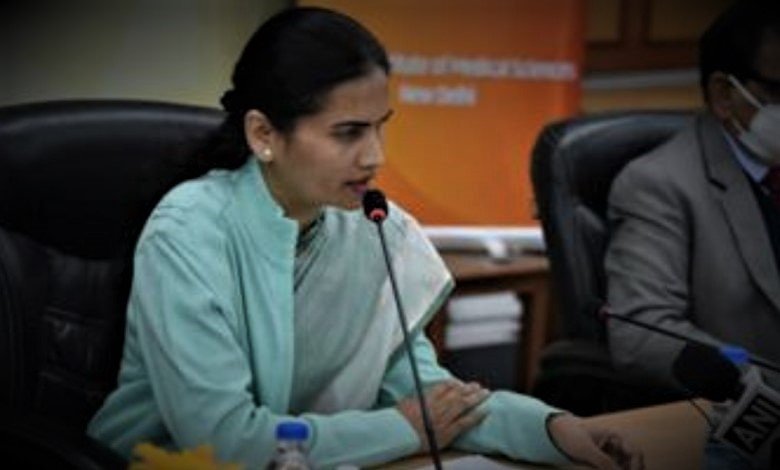Centre: National Oxygen Stewardship Program inaugurated
Guwahati: Taking cognizance of the role of medical oxygen as a life-saving public health commodity and the need for capacity building of healthcare workers in handling of medical oxygen, Dr. Bharati Pravin Pawar, Union Minister of State for Health and Family Welfare inaugurated the National Oxygen Stewardship Program of the Union Health Ministry, at AIIMS New Delhi today.
The initiative aims to empower all healthcare workers engaged in Oxygen management and administration with the essential knowledge and skills to ensure rational utilization and avoid any wastage of medical Oxygen, especially in resource constraint settings. It envisages identifying and train at least one “Oxygen Steward” in each district across the country. These trained professionals would be responsible for leading the training on Oxygen therapy and management in their respective districts and also support an audit of oxygen delivery and preparedness for a surge scenario.
Addressing the occasion, Dr. Pawar said, “Oxygen is life-saving and critically important in the treatment of several illnesses, not just Covid-19. The country witnessed an increased oxygen demand during the pandemic. Hence, the rational use of oxygen has become mandatory and need of the hour.”
Detailing the Government’s efforts in ensuring increased oxygen availability, the Union Minister noted that “Government of India has sanctioned more than 1500 Pressure Swing Adsorption (PSA) oxygen generation plants of which 1463 have been commissioned which include, 1225 PSA plants which have been installed and commissioned under PM CARES Fund in every district of the country.” The States have also been asked to install PSA plants in public health facilities and facilitate installation of PSA plants in private health facilities, she added.
Commenting on the Oxygen Stewardship Program, Dr. Pawar expressed that it will “enhance the skills of our healthcare workers in Oxygen therapy with necessary focus on essential knowledge and skills”. This will also train our participants to avoid wastage or overuse of oxygen in resource constraint settings including issues faced during Oxygen crisis, learnings, and averting further crisis situations, she stated.

